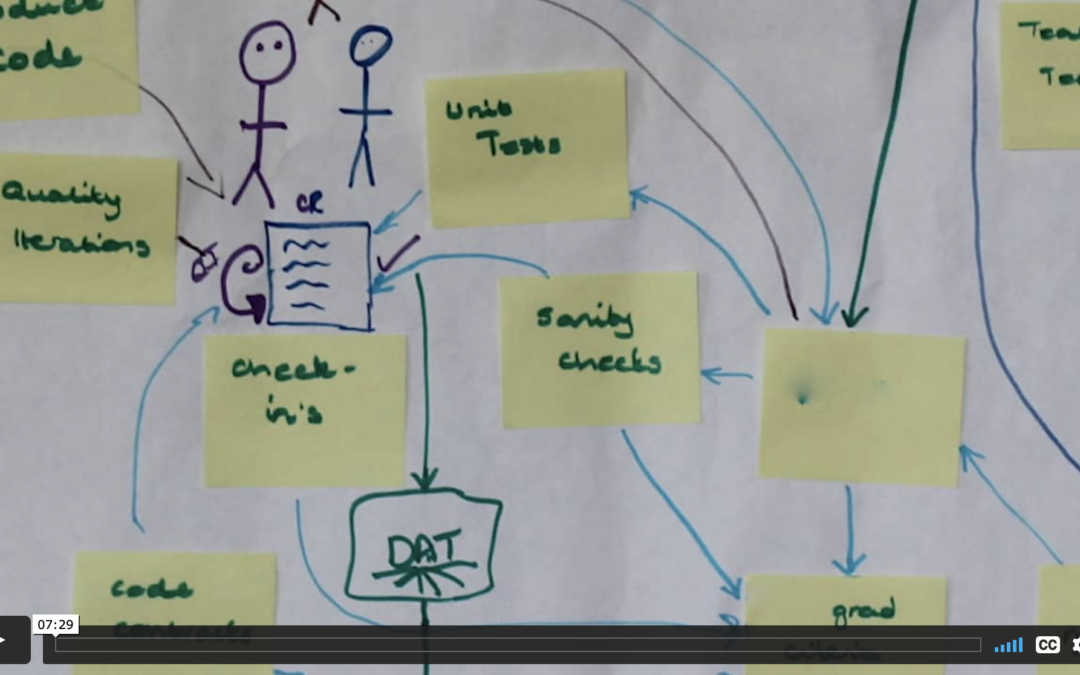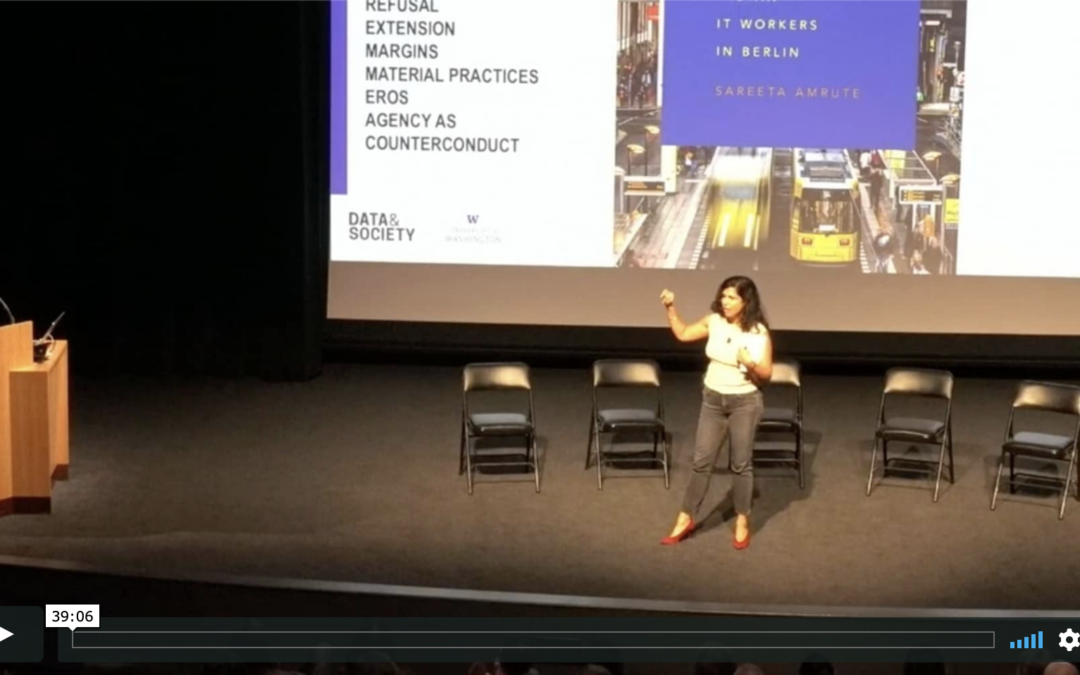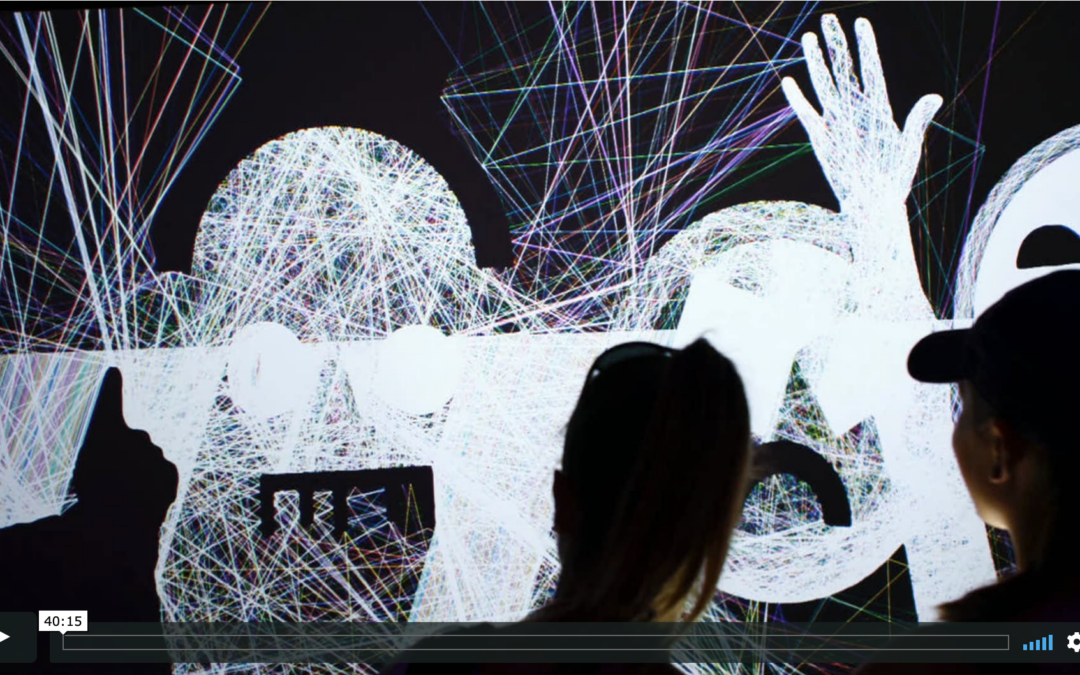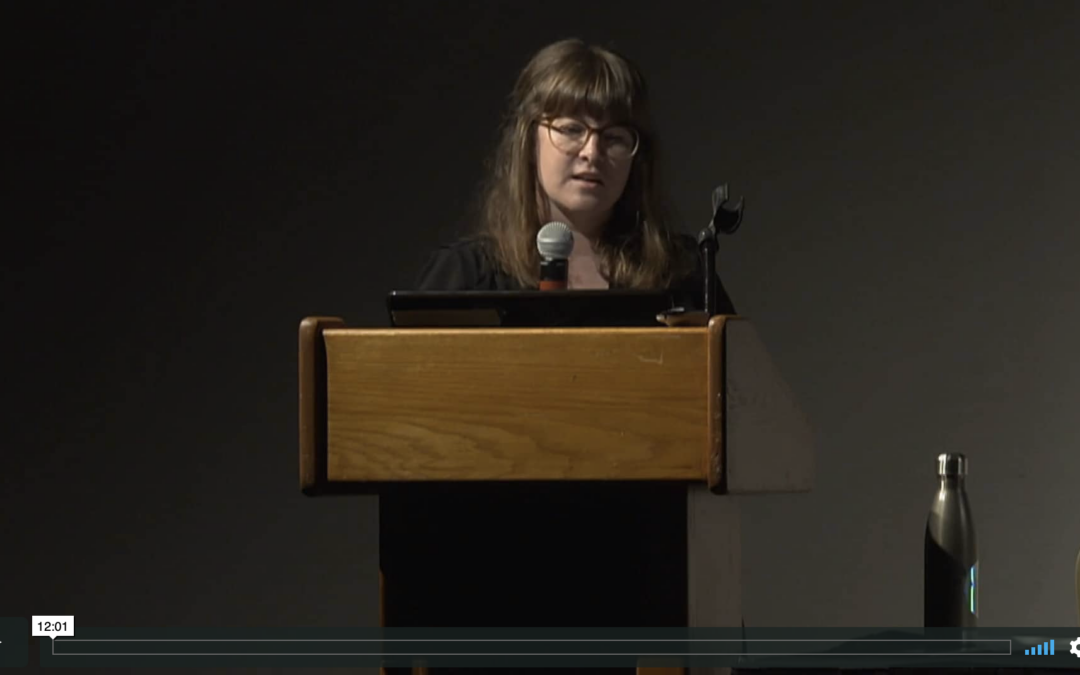Effective software quality assurance in large-scale, complex software systems is one of the most vexed issues in software engineering, and, it is becoming ever more challenging. Software quality and its assurance is part of software development practice, a messy, complicated and constantly...





